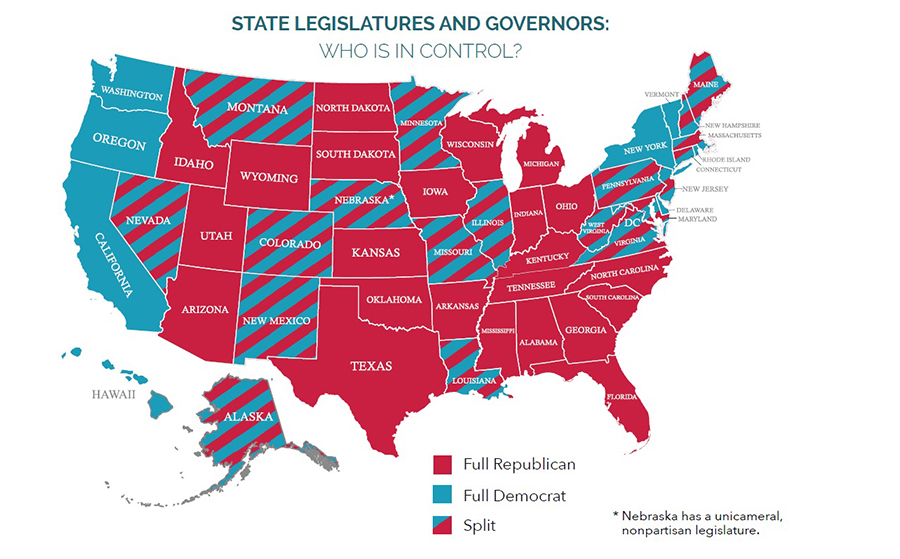
July 10, 2017
By Emily Warren, postdoctoral fellow, 21st Century Cities Initiative, Johns Hopkins University
This policy brief is the first in a series of briefs developed as a follow-up to the 21st Century Neighborhoods symposium organized by the 21st Century Cities Initiative on September 15, 2016. The briefs explore key themes raised during the conference that cities are currently grappling with in their efforts to improve conditions in all neighborhoods and for all residents.
At the 21st Century Cities symposium, held in Baltimore in September 2016, city leaders from across the country described innovative strategies they are using to address inequality in their communities. Employing revenues from a new beverage tax, the city of Philadelphia is expanding pre-kindergarten into low income communities and supporting other educational programs targeting underserved children. To address affordable housing challenges, the city of Seattle is requiring the inclusion of proportional affordable housing units in all new residential housing developments. Strategies such as those in Philadelphia and Seattle highlight the role of city leaders in addressing unique challenges of their residents by devising and implementing appropriate, locally driven policies and programs.
As city leaders discussed strategies for addressing local concerns at the symposium, many also described an increasing problem in which state legislatures and governors stifle city agendas and local innovation. This procedural process is known as preemption, a legal term that refers to the power granted to higher levels of government to enact laws that override laws passed by lower levels of government. Most typically, state legislatures use preemptive powers to override legislation passed by local governments. While the limits placed on states in their use of preemptive action varies nationally, all states govern under the general principle that local law must be consistent with any existing state or federal laws.
Preemption Updates
Reports
- The Rise of State Preemption Laws in Response to Local Policy Innovation, 5/25/17, by Lori Riverstone-Newell
- City Rights in an Era of Preemption: A State-by-State Analysis, 2/22/17, by the National League of Cities
Articles
- Taking It To The States, on WAMU’s 1A, 8/2/17
- Blue Cities Want to Make Their Own Rules. Red States Won’t Let Them, by Emily Badger, published in The New York Times, 7/6/17
- St. Louis $10 minimum wage will revert back to $7.70 in August, Greitens announces, by Celeste Bott, published in the St Louis Post-Dispatch, 7/1/17
- In Austin, the air smells of tacos and trees — and city-state conflict, by Sandhya Somashekhar, published in the Washington Post, 7/1/17
- Oregon May Strip Portland of its NIMBY Powers, by Kriston Capps, published in The Atlantic’s CityLab, 6/19/17
- City vs State: The Story So Far, by Richard Florida, published in The Atlantic’s CityLab, 6/13/17
- Alabama moves to protect Confederate monuments, by Reid Wilson, published in The Hill, 5/26/17
- Dayton: I’ll veto bill stopping cities from setting wages, sick time, by Brian Bakst, published in MPRnews, 5/11/17
- States and Cities in Power Struggle Over Local Laws by Jon Kamp and Joe Palazzolo, published in the Wall Street Journal, 4/12/17
- The End of Local Laws? War on Cities Intensifies in Texas by Daniel Vock, published in Governing, 4/5/17
- Red State, Blue City by David Graham, published in The Atlantic, 4/1/17
- Red state legislatures are taking away workers’ raises and paid leave by Bryce Covert, published in ThinkProgress, 3/28/17
- Preemption Prevents Innovation: We must not let states squash local policy experimentation. by Ben Seigel and Brooks Rainwater, published in US News, 3/6/17
- The other right-wing tidal wave sweeping America: Federal and state preemption of local progressive laws by Don Hazen and Steven Rosenfeld, published in Salon, 2/28/17

